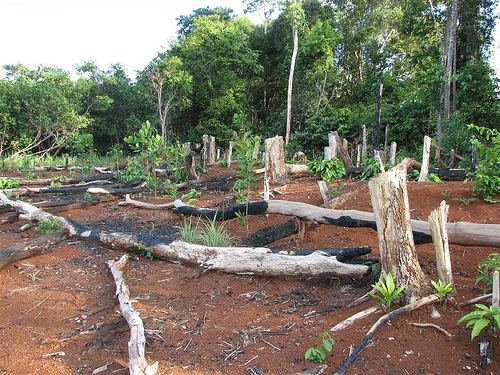New Zealand’s Trade and Agriculture Minister, Todd McClay, today welcomed the European Commission’s decision to delay the implementation of the European Union’s Deforestation Regulation (EUDR) by 12 months. McClay described the move as a pragmatic step that will provide much-needed certainty for New Zealand exporters and ensure over $200 million worth of current exports to Europe remain unaffected.
“This decision is both sensible and timely,” McClay said. “It gives New Zealand exporters the confidence that their shipments currently en route to Europe will be accepted, relieving some of the mounting pressure our primary industries have faced in recent months.”
The EUDR, aimed at preventing products linked to deforestation from entering the EU market, could have posed a significant challenge for New Zealand, despite the country having stringent environmental protections and no deforestation issues. This regulation would have forced exporters to meet costly new compliance requirements, putting trade with Europe at risk.
Mitigating Potential Trade Consequences
Mitigating the impact of the EUDR has been a priority for the New Zealand Government, and the Minister’s engagement with EU officials has been critical in achieving this delay. “Earlier this year, I wrote directly to the EU Commissioner, advocating for an exemption for New Zealand exports. Since then, I’ve actively engaged in multiple international forums to reiterate our position,” McClay explained.
The Minister has emphasized that the EUDR, in its current form, risks imposing undue financial strain on New Zealand exporters. “Without significant changes to the regulation, many of our exporters could find it too costly to continue supplying the EU market. This delay buys us time to advocate for these changes,” McClay stated. “At stake is over $200 million in Kiwi exports. Rather than facing new barriers, we should be focusing on expanding this trade, especially under the recently negotiated NZ-EU Trade Agreement, which offers substantial opportunities for growth.”
Environmental Protections Already in Place
While New Zealand shares the EU’s goals of promoting deforestation-free products, McClay noted that the country already has robust domestic laws protecting its environment. “New Zealand does not have a deforestation issue. Our forestry and agricultural sectors operate under some of the strictest environmental standards in the world,” McClay said. “Imposing these compliance costs on our exporters, given our existing regulations, is simply not justified.”
Path Forward for New Zealand Exporters
The 12-month delay provides New Zealand with a critical opportunity to continue working with the European Commission to ensure the EUDR achieves its environmental objectives without creating unfair trade barriers.
“This extra time will allow us to push for changes that better reflect the realities of New Zealand’s sustainable practices,” McClay added. “Our exporters are world leaders in sustainability, and we expect the EU to acknowledge this as they fine-tune the regulation.”
New Zealand’s primary sector has long prided itself on its strong environmental credentials, and McClay is optimistic that ongoing discussions will lead to a solution that works for both sides. “The delay is sorely needed, and we are hopeful that, through continued engagement, we can reach a balanced outcome that protects both the environment and our exporters.”
This development marks a positive step for New Zealand’s trade relationship with Europe, ensuring that vital export markets remain open while providing space for further negotiations aimed at reducing unnecessary trade barriers.











